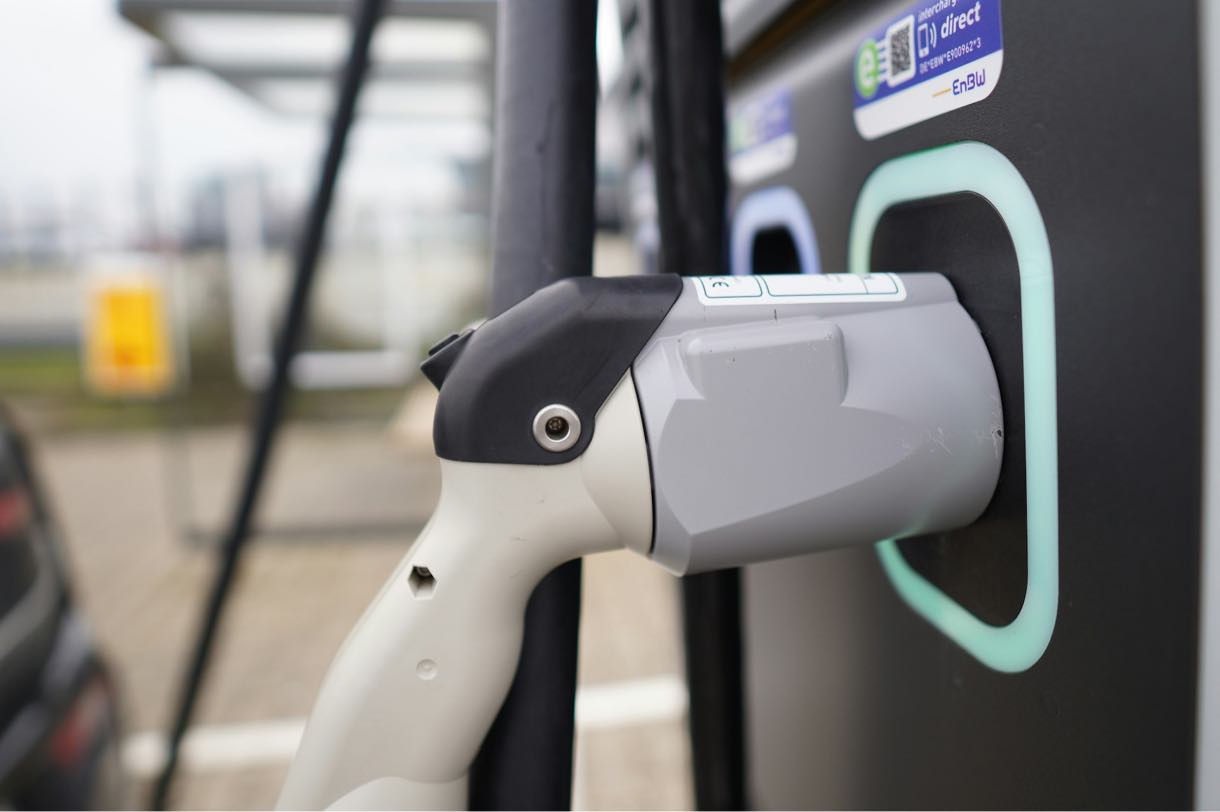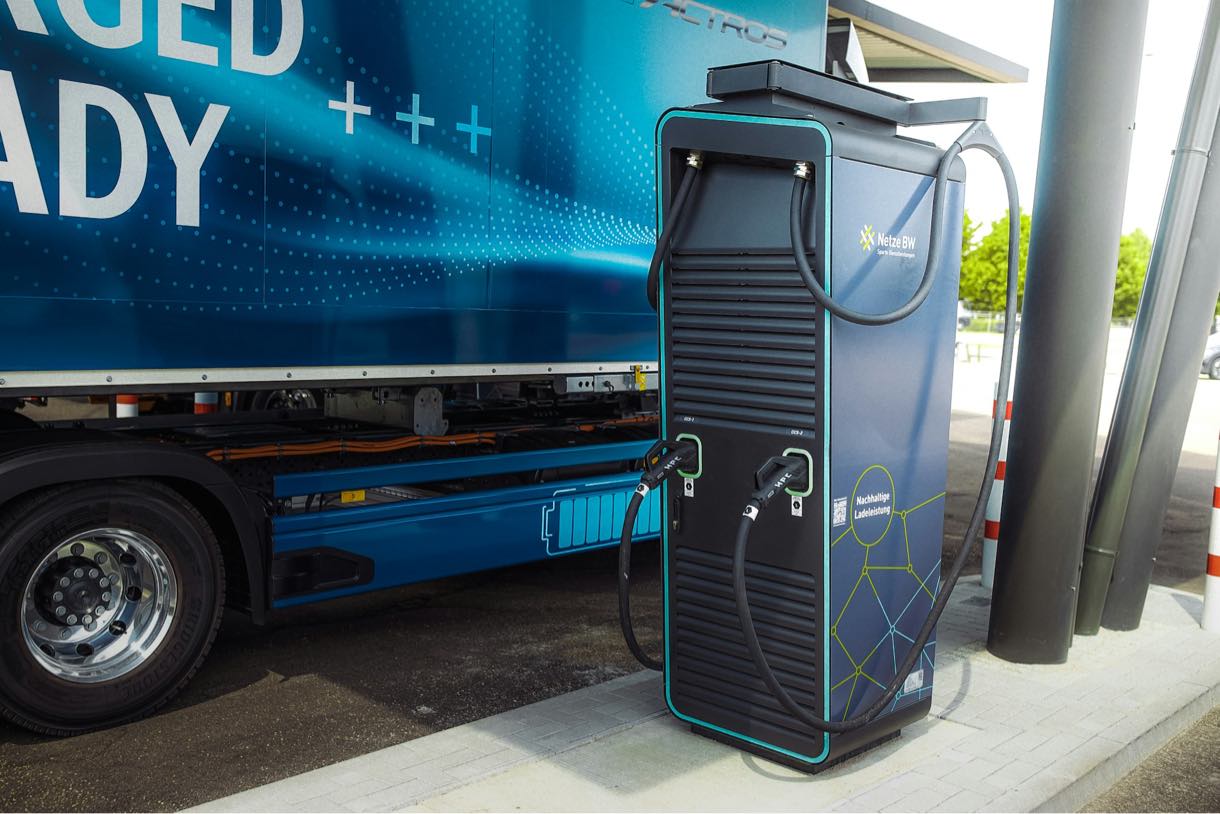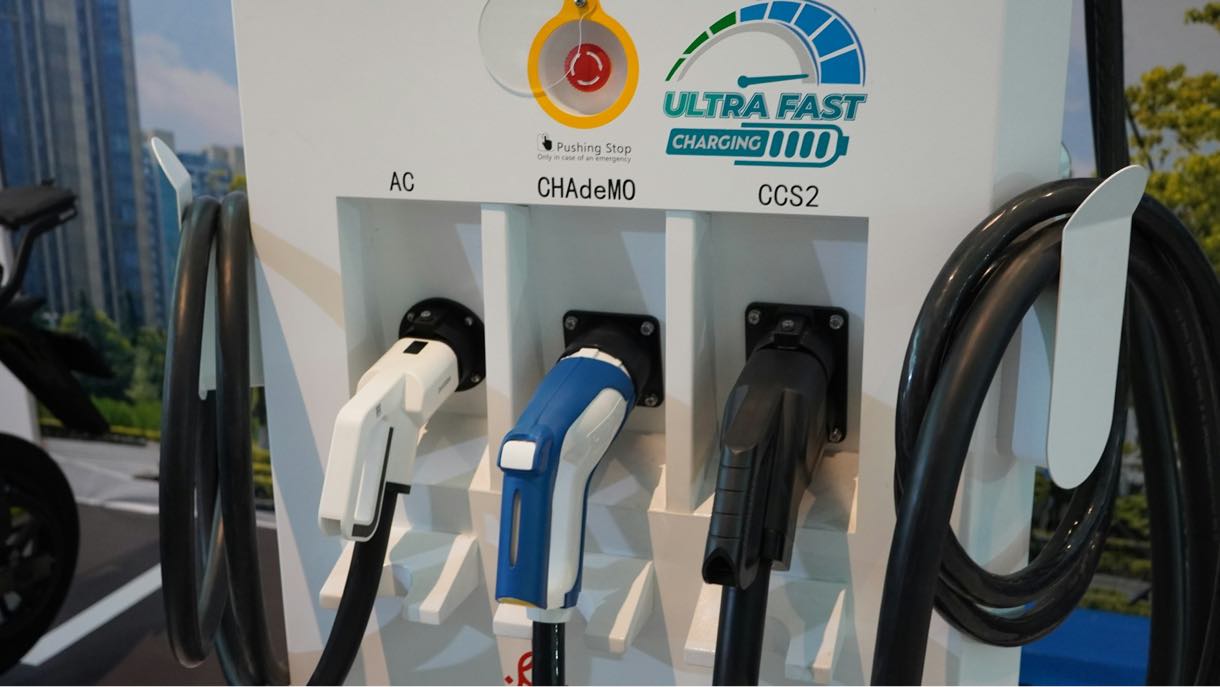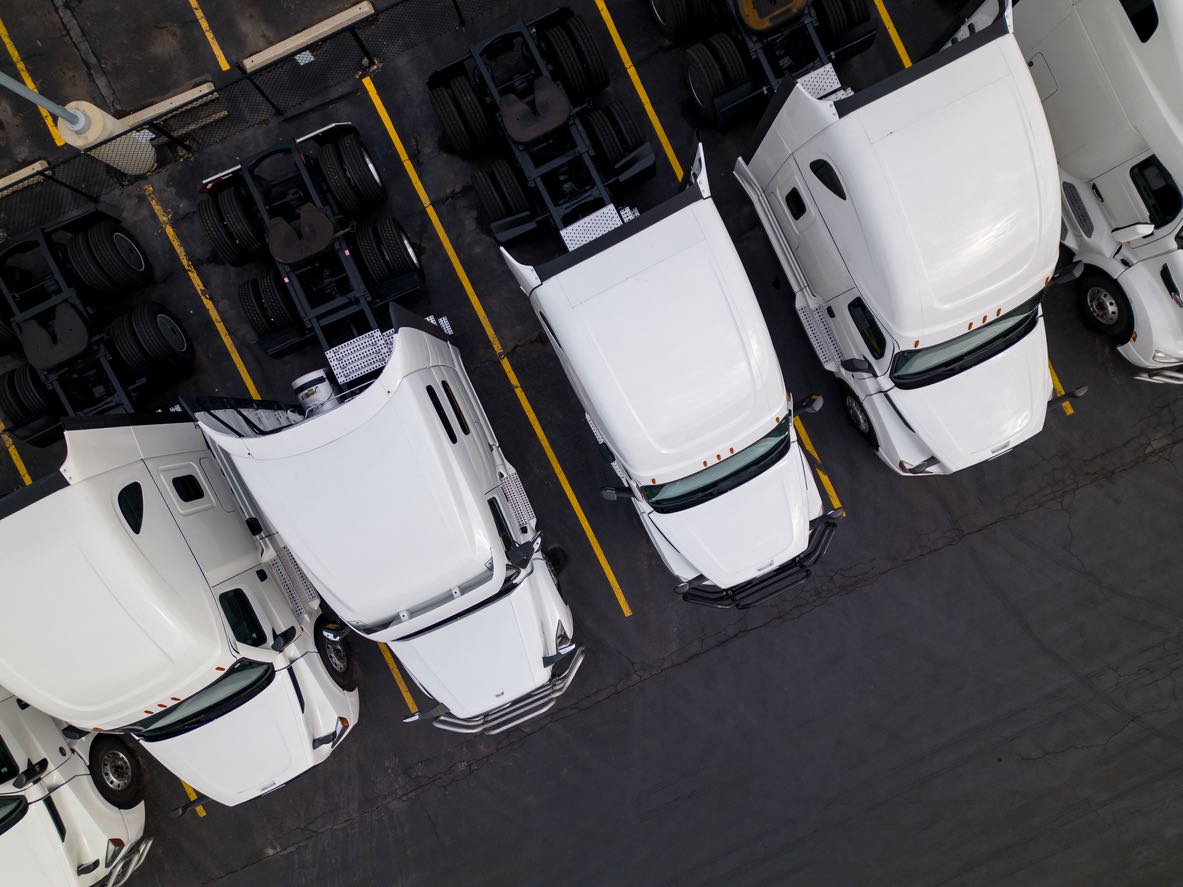Recent new emissions regulations targeting the trucking industry by the U.S. Environmental Protection Agency (EPA) have caused a great deal of controversy among corn producers and the biofuels business. These regulations, which are a component of a larger effort to fight climate change, are designed to encourage the use of battery-powered vehicles in order to drastically cut greenhouse gas emissions. The ramifications of these rules, the worries expressed by agricultural stakeholders, and the overall effect on the farming and transportation sectors in the United States are all examined in this blog article. One of the most important steps in the US’s attempts to switch to better energy sources is the drive for electric vehicles. But this move away from fossil fuels is not without its difficulties and debates, especially for individuals who believe their businesses or means of survival may be jeopardized.
The agricultural industry is now dealing with a number of challenges, including shifting market pricing and the continued effects of climate change. This legislative adjustment coincides with these challenges. Corn producers see the transition to electric vehicles as not simply a logistical difficulty but also a fundamental danger to their economic model, as they primarily depend on the biofuel sector as a major market for their products. These stakeholders are worried about the government’s disregard for proven renewable energy sources like biofuels, which they contend may also be extremely important in environmental initiatives, as it works to reduce the nation’s carbon footprint. The implementation of these new standards has sparked an intricate discussion about the direction of transportation and energy, emphasizing the necessity for a well-rounded strategy that takes environmental objectives and social and economic effects into account.

The EPA’s final regulations, which went into effect last week, aim to reduce greenhouse gas emissions by promoting the switch to electric vehicles (EVs) and gradually phase-out traditional diesel trucks. The agency predicts that over 40% of heavy-duty vehicles driven in the United States by 2032 will be battery-powered. These actions are in line with the Biden administration’s climate goals, which place a high priority on achieving considerable carbon emission reductions over the following ten years. But not everyone is on board with this fast drive towards electrification, especially those in the alternative fuels sector that rely on ethanol made from maize.
The agricultural industry faces a number of challenges as a result of the shift to electric vehicles, especially for those who cultivate corn and make ethanol. The National corn Growers Association’s president, Harold Wolle, voiced dissatisfaction with the EPA’s “one-size-fits-all” strategy, saying it undercuts other workable solutions to climate change, such corn ethanol. Zippy Duvall, President of the American Farm Bureau Federation, echoes Wolle’s worries by pointing out the drawbacks of electric vehicles, namely their short range and long charging periods. These traits may make it more difficult to move perishables and livestock, lengthening travel durations and perhaps endangering food safety and animal welfare.

The US is still lagging behind other countries in the world in the use of battery-powered vehicles. The International Council on Clean Transportation reports that the number of heavy-duty, zero-emission vehicle registrations increased from 200 in 2021 to 1,600 in 2023. Even while this gain is noteworthy, it is little compared to the worldwide level, where registrations rose from 490,000 to 520,000 in the same time frame. This slow adoption underscores the difficulties and hesitation of the American trucking sector to move away from traditional diesel engines.

The environmental and economic landscapes of the United States have undergone significant change as a result of the recent EPA emissions limits, particularly for the transportation and agriculture industries. With the introduction of electric vehicles (EVs), these laws represent a significant shift toward sustainability and form the basis of the national policy targeted at a considerable decrease in carbon footprint. This change is not without its difficulties and complications, though. It demands a careful balancing act between maintaining the biofuel businesses, which have been the backbone of many rural economies, and increasing technological innovation. Although ecologically beneficial, the adoption of EVs in the heavy trucking industry necessitates a reassessment of the effects on conventional energy sources and farming operations.
Moreover, the adoption of these guidelines is a call to action for all parties involved in a more sustainable future, not merely a change in regulations. The future requires not only adaptation but also lobbying for more inclusive and flexible policies, especially for sectors like agriculture that directly benefit from carbon rules and mainly rely on biofuels. The practical concerns of agricultural logistics, farm economic sustainability, and the overarching objectives of environmental protection must all be taken into account as these policies evolve. Policymakers, business executives, and environmentalists will need to keep talking to each other as the United States navigates this complicated terrain in order to develop a resilient plan that serves both national economic interests and global climate objectives.

Ship A Car, Inc. is a top option for agricultural professionals that value safe, dependable, and effective equipment shipping throughout the country. SAC, a top machinery transport organizer, promises affordable shipping costs and unmatched customer care. Small tractors or big combines—SAC has the ability and know-how to fulfill your needs with the utmost care. Their knowledge extends beyond small machines. Additionally, their committed staff is prepared to offer individualized care, guaranteeing that every step of the shipping procedure is easy to understand and clear. They are aware of the particular difficulties associated with agricultural transportation and have the resources and expertise to deal with them. Call (866) 452-3657 to speak with SAC about your unique transportation requirements and receive an estimate that is customized for your circumstances. We offer prompt, professional help.
Q: What are the main concerns of corn growers regarding the new EPA emissions rule?
A: Corn growers are particularly worried that the new regulations favor electric trucks over biofuels like corn ethanol, which they believe could also help reduce carbon emissions effectively.
Q: How do the new EPA regulations affect the use of biofuels in the transportation sector?
A: The regulations prioritize electric vehicles, potentially sidelining biofuels, which many in the agricultural sector see as a critical part of the energy transition.
Q: What are the current trends in the adoption of battery-powered heavy-duty trucks in the U.S.?
A: Adoption is growing but at a slow pace, with only a modest increase in registered zero-emission heavy-duty vehicles from 2021 to 2023.




